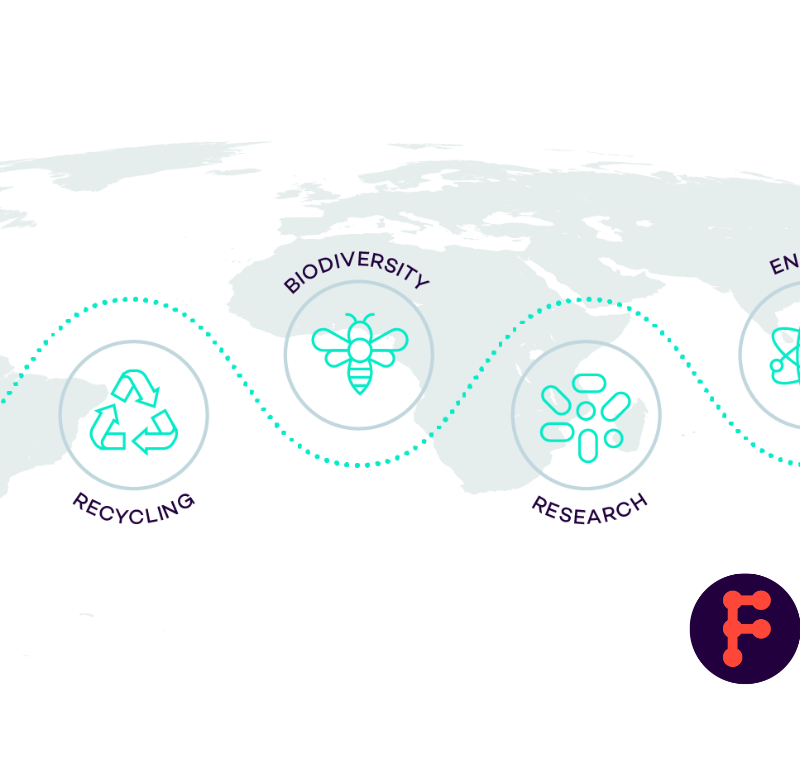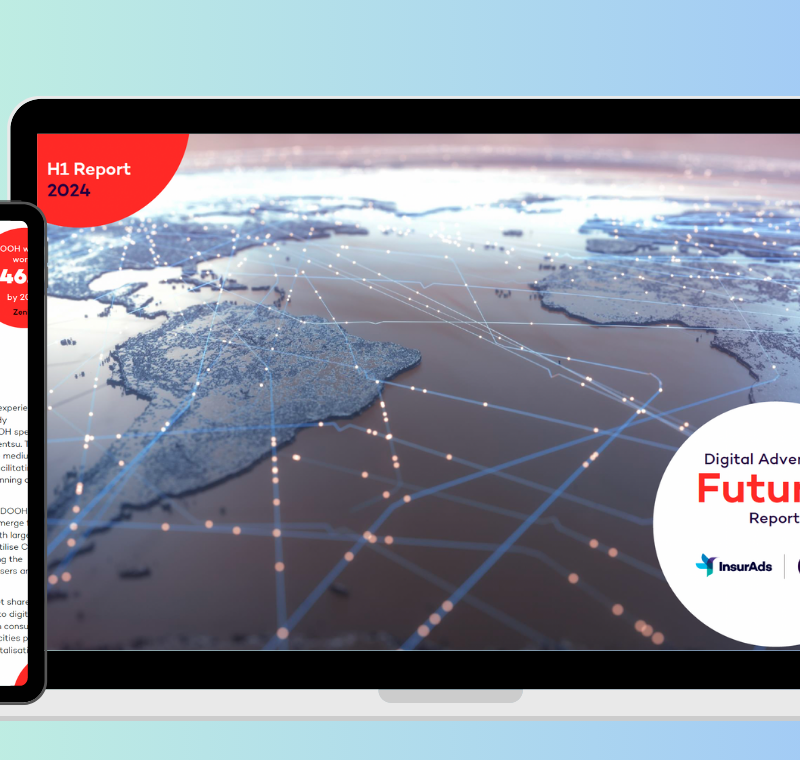[Video] Be brave, let go and trust the native ad studio
The Native Advertising Institute asked Christel Rex, bureau chief, and Maria Rossen, creative editor at Benjamin Native when they attended the Native Advertising DAYS event.
Below are highlights from the interview which have been slightly edited for clarity.
A dedicated native advertising team
Christel: For the last three years, we’ve been working a lot with native advertising at Benjamin Media. We have done a lot of campaigns, and we have a lot of insights on native advertising. Therefore, we’ve taken one step forward and we’ve created Benjamin Native.
Benjamin Native is a native agency and we found the best people it’s Benjamin and put together the best team to do creative campaigns for our clients.
Maria: So we’ve got journalists, an art director, and sales staff. We have people doing insights and photographers. An entire team working dedicated to native advertising to take it one step further. To create even more original content and to create better, bigger campaigns for our Benjamin Media and Bonnier publication sites.
Brands need to get out of their comfort zone
Christel: I think one of our biggest issues is that we spend a lot of time coming up with a good idea and being creative and then to get the clients to understand that they should pay for this good idea.
They’re not used to that from the media side. They’re used to be given everything for free, so we’re actually moving towards a classic agency work where we would like to get paid for our creative ideas. But also to get the clients out of their comfort zone.
RELATED: Four tips for using data creatively to produce original branded content
We had a campaign recently with a car advertiser who wanted to do video. But they are so focused on the car’s technical features instead of putting the car in our native environment. Instead of making conversation or a carpool karaoke, they want the music or the parking sensor in focus. And that’s not native. That’s normal video.
Brands need to trust the publishers
Maria: The key to selling native is a good idea and then convincing the customer to let go a little. Convince them that we have the insights in our target audiences and that we have come up with a great idea for original content for them. So we have to convince them to let go a little. Don’t be so focused on your product, be more focused on telling the great stories.
Christel: Exactly. And show them other examples where we actually got the clients out of the comfort zone and where we have made great content and good effective content as well. They need to trust us.
RELATED: Five ways to convince brands to tell real stories
Maria: One of our mantras is to be honest. We’re very keen on telling the clients that, ‘this is a good idea and this isn’t a good idea, but it could become a good idea if you did so and so’.
Christel: And sometimes they don’t listen to us. And they get the results according to it. Because they don’t trust us then the campaign might not be as good. So you have to always be honest and tell them if it’s a good idea or a bad idea.
Maria: It’s about education. Educating the brand. It’s about being brave and to build some courage at the brands.
Christel: But some of them are very conservative and they want control. But if you do pure native advertising, you don’t have any control. Not as much as you want to as a brand.
Using time spent as a KPI
Maria: Right now we’re talking a lot about how to set KPIs for our native advertising content. And it’s actually quite difficult because for many of the business in the industry, the KPIs are awareness and reach and time spent. But it’s always difficult to know how to get the right KPI for the right campaign. What is the important thing to focus on.
RELATED: Why brands doing native advertising should partner up with publishers
Christel: And it’s very important to be honest with the client before we make the campaign. What are your KPIs and what should we target. And we are actually very focused on time spent a lot of our time spent on commercials content is actually higher than our editorial content. And that’s also an aim for us that we succeed better than the editorial staff.
Maria: It’s very rare for a brand to get that much time directly with the consumer. The media landscape today is so fragmented, it’s very quick. So this is a luxury for a brand to get to interact with your consumers for that long time.
Christel: We’ve actually got a girl employed that only overviews all our campaigns. She’ll make sure the clients get a lot of love when we go live.
Maria: And then we’ll adapt them if they’re not performing. Maybe do something about the creatives or try to come up with a good idea.
Learning from each other’s mistakes
Christel: When we talk about the mistakes, we are very honest in the team and we can learn from it and make even better campaigns. And it would be so great to see if people on stage also dared to talk about their mistakes so we could learn from each other. It’s good to hear about great stories and great campaigns. But sometimes we learn more when people are honest about their mistakes.
Maria: Sometimes it’s actually very fun and very giving to hear when something went wrong. When you had that great idea and the perfect setup and then you still missed it. Maybe then the audience didn’t interact or something went wrong. That would be very interesting to hear.
Want to dive deeper into the world of native advertising? Sign up for Native Advertising DAYS 2018 in Berlin — Get your ticket now!
More like this
The GDPR makes native advertising even more important
Melanie Deziel on how to strike the right balance between church and state
[Video] The importance of creating quick content to stand out as a brand
How SAP has integrated native advertising in their marketing mix







